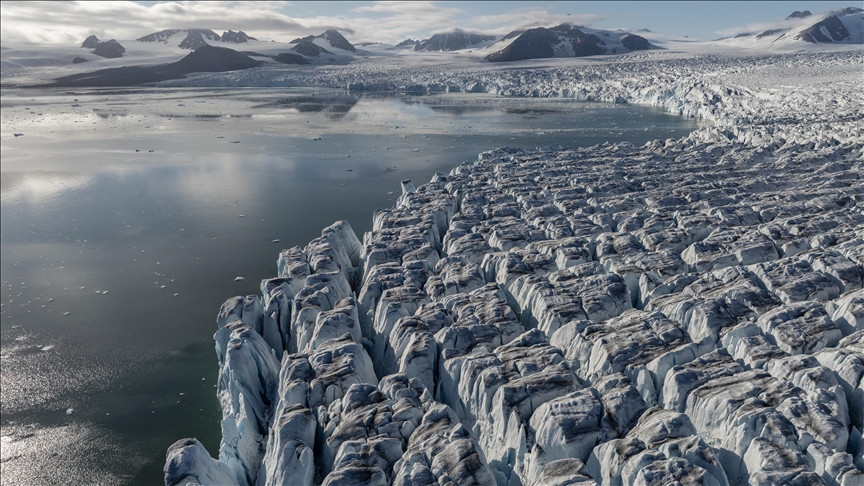Global warming pushes Earth’s tipping points toward critical thresholds
Climate change brings Earth’s tipping points closer to collapse, threatening to unleash devastating, permanent environmental damage, says expert

ISTANBUL
Rising global temperatures are driving the planet’s tipping points toward critical thresholds that could trigger irreversible climate changes, according to Levent Kurnaz, director of Bogazici University’s Center for Climate Change and Policy Research.
“As global warming raises the average atmospheric temperature, it weakens the planet’s tipping points by reducing their thresholds,” Kurnaz told Anadolu, warning: “A current still keeps Greenland relatively cold. On temperature maps, that area consistently appears cooler, but if it begins to warm, the heating of Greenland will accelerate rapidly and the ice sheet could collapse.”
His remarks followed the release of the Global Tipping Points Report 2025, coordinated by the University of Exeter’s Global Systems Institute with contributions from 160 researchers across 23 countries. The report highlights escalating risks to coral reefs, the West Antarctic Ice Sheet, the Atlantic Meridional Overturning Circulation (AMOC), mountain glaciers, and the Amazon rainforest.
Kurnaz noted that global temperatures have already risen by around 1.5C (34.7F) and warned that once this threshold is crossed, coral reefs could vanish entirely. He added that if the global temperature reaches 3C (37.4F), the West Antarctic Ice Sheet could collapse, potentially raising global sea levels by about seven meters.
“The AMOC system, known as the Gulf Stream, has already started to weaken. Many scientists believe it could collapse even before global warming reaches five degrees (41F), possibly as early as 2 to 2.5 degrees (35.6F to 36.5F),” Kurnaz said.
Pointing out that glaciers in the Himalayas, Alps, and Andes are already melting and that the Amazon rainforest could disappear entirely at around 4.5C (40.1F) of warming, Kurnaz added: “All these processes can reinforce each other, leading to faster and more severe tipping point events than expected.”
He emphasized that the collapse of these systems would have irreversible consequences, noting: “If we lose the Amazon or the methane trapped in permafrost, there is no way to bring them back.”
Kurnaz warned that such developments could disrupt global air circulation, trigger extreme heat and cold waves, cause severe water shortages, and lead to mass migration, particularly from South Asia toward Türkiye.
The scientist underlined that preventing such disasters requires a complete phaseout of fossil fuels.
“Even if we completely stopped emitting carbon dioxide today, we would still face some of these disasters. But as long as we keep burning coal, oil, and natural gas, we are guaranteeing a much worse future,” he said.








